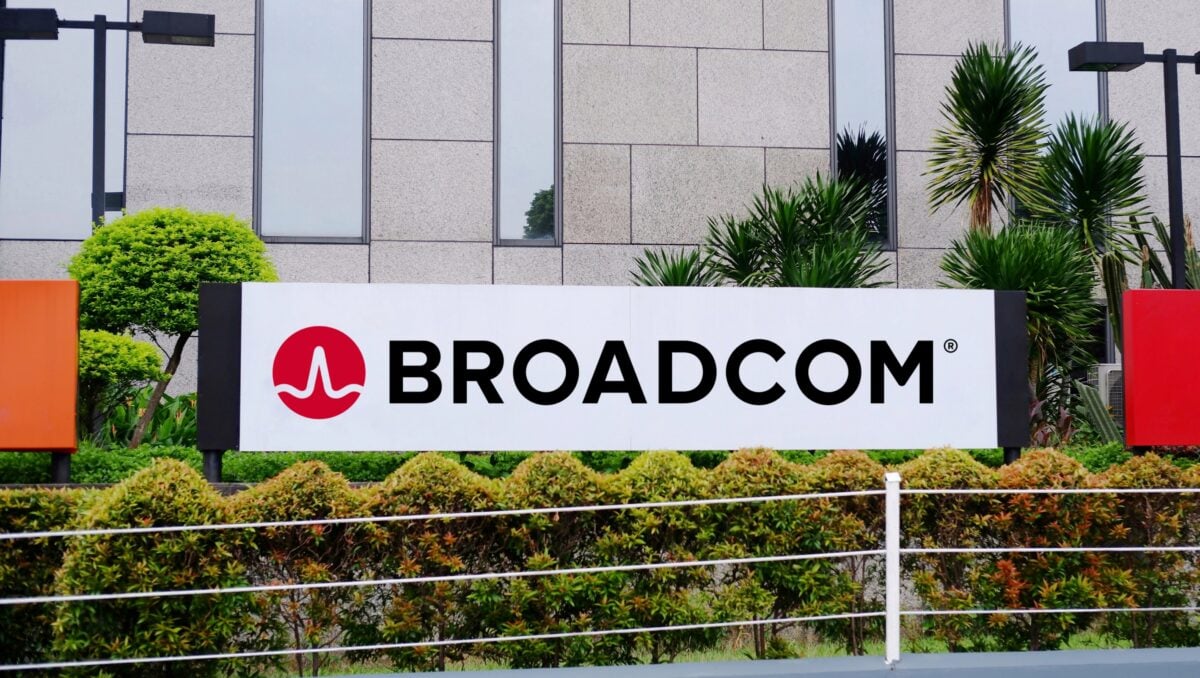TLDRs;
- Broadcom CEO Hock Tan predicts AI could increase tech-related GDP from 30% to 40%.
- Broadcom’s partnership with OpenAI will deploy 10 GW of AI accelerators by 2029.
- Broadcom has secured $10 billion in AI chip orders from a fourth major client.
- AI expansion drives demand for liquid cooling, high-capacity power, and chip production.
Broadcom CEO Hock Tan believes generative AI could become a much larger contributor to the global economy. Speaking during an interview with CNBC’s Jim Cramer on Monday, he noted that knowledge-based and technology-intensive sectors currently account for approximately 30% of the estimated $110 trillion global GDP.
Tan projected that as generative AI adoption grows across industries, this figure could rise to 40%, representing an additional $10 trillion in economic value annually.
“The integration of AI creates intelligence across multiple facets of society,” Tan said, highlighting the transformative potential of the technology across industries beyond traditional tech.
Broadcom-OpenAI Partnership Advances AI Scale
In a move signaling commitment to AI expansion, Broadcom officially announced a partnership with OpenAI to build and deploy 10 gigawatts of custom AI accelerators.
The agreement marks one of the largest AI chip initiatives in recent history and reflects growing demand from hyperscalers for specialized AI hardware. Following the announcement, Broadcom shares surged nearly 10% by market close.
Tan emphasized OpenAI’s role as a leader in developing foundation AI models and underscored Broadcom’s long-term strategy to support generative AI across multiple sectors. The partnership aims to strengthen AI capabilities for enterprise and cloud computing customers alike.
Rising Demand Drives Chip Orders
Broadcom has already secured $10 billion in chip orders from a fourth major client, illustrating the surging appetite for high-performance AI hardware. The company is working with seven industry players, four of which have placed large-scale production orders.
Tan noted that these partnerships position Broadcom to supply the compute capacity needed for customers developing advanced AI models.
“Each of these players requires substantial compute resources to remain competitive in the AI landscape,” he said.
Infrastructure Challenges and Industry Implications
Scaling AI to 10 GW of accelerators by 2029 introduces significant technical and logistical challenges. High-density server racks will increasingly rely on liquid and immersion cooling solutions, while power infrastructure upgrades must keep pace with AI data center requirements. Analysts estimate that the necessary 10 GW of data center capacity in 2025 will require roughly $170 billion in financing.
Despite these challenges, Tan remains confident in Broadcom’s ability to meet demand while contributing to the broader tech ecosystem. With AI set to reshape both industry and economy, Broadcom’s strategic positioning illustrates the growing intersection of semiconductor innovation and global digital transformation.
That said, Broadcom CEO Hock Tan’s projections underscore the critical role generative AI will play in shaping the global tech sector. From massive AI chip deployments to infrastructure upgrades, the industry stands on the cusp of a transformative wave that could expand technology’s share of global GDP, redefine computing needs, and spur growth across knowledge-intensive sectors.







